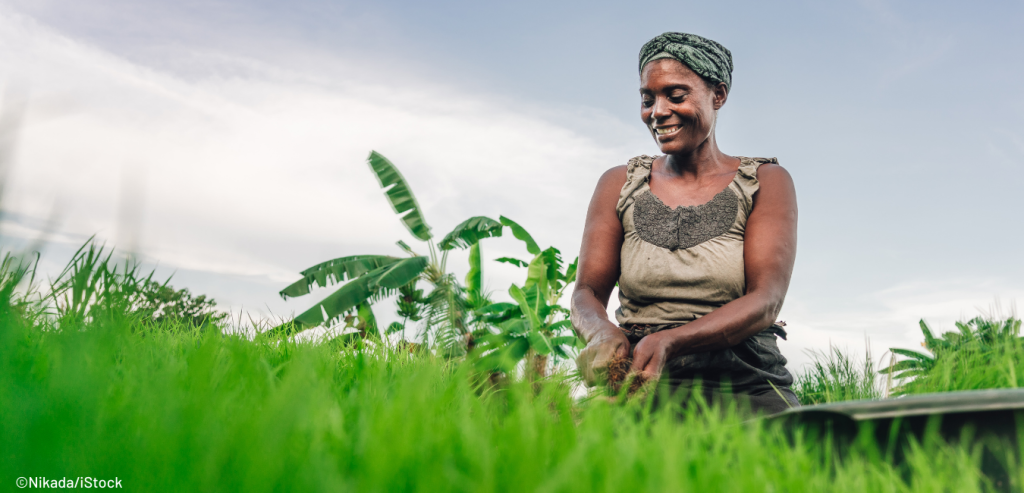
Opinion by Lorraine Chiponda, Zimbabwe
As we are approaching the 26th meeting of governments under the banner of the United Nations Framework Convention on Climate Change (UNFCCC) in Glasgow, Scotland in November, we reflect on a dismal record of inaction by governments to take bold climate justice action and to hold themselves and corporates accountable for their inaction on climate change, both in mitigation and adaptation. Africans living on the fenceline of destructive extractive industries and on lands and in environments that are becoming more hostile because of climate change must stand up and say no more. Together with NGOs willing to demand justice, accountability and honesty, they must challenge African leaders to unite and start acting at a local, national and regional level by turning away from extractivism as a development model.
The extractive model has failed Africa. African leaders must not only demand, but they must also act in a way that backs up their demands. Africans in the coming months should be raising critical questions to the global community, such as climate reparations and demanding real climate action, whilst also abandoning forms of development that further entrench Africa in the dirty fossil industry, and accelerate environmental destruction and inequalities.
The Africa Climate Week (ACW), hosted by Uganda in the last week of September, is one such platform and time where African leaders and corporates can be questioned about their commitment to fighting the climate crisis. The goals of the ACW are to develop a good sense of the climate actions on the continent whilst identifying climate hindrances and opportunities. Despite the evidence of the present catastrophe being available five decades ago in the 1980s, through the launching of the International Panel on Climate Change (IPPC), greenhouse gas emissions have increased, temperatures have increased and, based on present emission trends, we are presently well on our way to a 3-4 degree Celsius warmer world. The ACW is part of a build-up of three-part actions in the year leading up to the UNFCCC COP26. These are the Virtual Regional Roundtables convened earlier this year and that set the agenda for the upcoming Week, which will be succeeded by the Ministerial Sessions later this year. Priorities set to be discussed in 2021’s Week are National Actions and Economywide Approaches, Integrated Approaches for ClimateResilient Development and Seizing Transformation Opportunities. All noble gestures, but after 26 COPS can we expect any meaningful and urgent change to deal with our climate emergency? It is highly unlikely.
A large proportion of Africa, especially SubSaharan Africa, is most vulnerable to the damaging impacts of climate change as seen by the struggle to bounce back after experiencing severe droughts, cyclones and other extreme weather. African governments have battled to recover or avert climate disasters, particularly due to the connection to the extractivist nature of the fossil and other extractive industries, capital flight, crippling debt cycles and global systems of carbon-driven businesses that are the base of the fossil industry. The ACW should be a process that further widens democratic and deliberative political processes ensuring there is urgency in responding to the climate emergency we now face. Climate and extractive affected peoples’ voices are not going to be heard in the closed-circuit echo chambers of the ACW. As NGOs and affected peoples on the continent, we must use the ACW to provide the reality of day-to-day experiences of people on our continent and demand a just transition to a new world, a just transition that puts people’s needs at the centre of actions to respond to climate change and a new economy, that is regenerative. So, we watch with bated breath to see if African leadership comes out with both words and actions from the ACW. I do not feel positive.
*****
Lorraine Chiponda is from groundWork and is the Coordinator of the Africa Coal Network




























